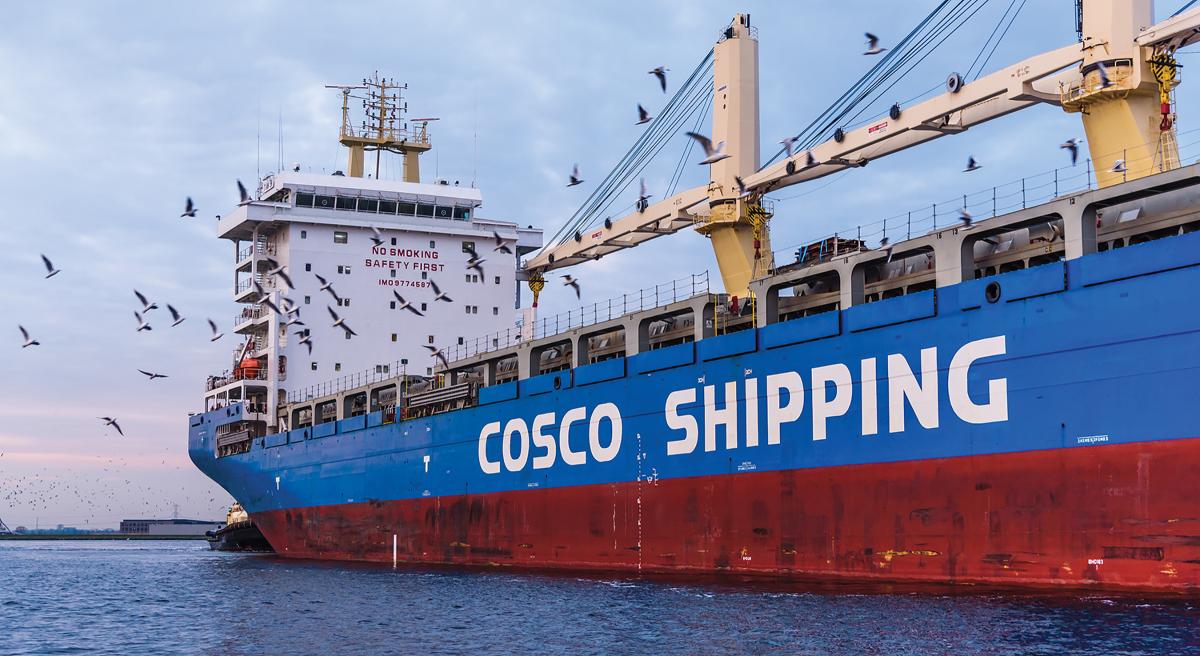The Proceedings article is indeed bizarre, but I don't think it's as insane as it first appears. To my mind the easiest way to get some kind of letter of marque would be to make some kind of deal with merchant ships during the world wars wherein they were compensated for sinking submarines. IOTL the Royal Navy outfitted "Q-ships" to trick U-Boats to within gunnery range, and it's easy to see a government more concerned about its bottom line offering merchant mariners a kind of reward if they outfitted themselves and sank submarines. Of course, this is the exact kind of duplicity that led Germany to ditch cruiser rules for submarine commerce raiders in the first place, so although you get later privateers for the sake of your question I doubt they last that long -- the convoy system and actively militarized escorts are simply too effective compared to the occasional unaccompanied "merchant" scoring a kill.
The reason I don't think the Proceedings article is too too crazy is because the nature of naval warfare changed with the advent of anti-ship missiles. During the age of large-caliber guns it would have been prohibitively expensive to purchase guns, a magazine system, and train a gun crew. Once you can buy a pack of anti-ship missiles and either threaten an enemy ship with them or -- more likely IMO but requires some tweaking to the definition of privateering -- just shooting down enemy merchant ships and getting a reward for them, that dynamic changes. This is particularly easy to accomplish once you get modern over-the-horizon targeting methods requiring little more than a commercial satellite uplink to shoot at vessels that you can't even see.
As to a conflict where this is likely to occur... I think that's a harder problem than the mechanics of it, actually. During the world wars it's probably not worth the cost, since neutrals were fair game to German submarines anyway. Afterwards, you have to imagine that any kind of war is going to occur around some kind of neutral shipping and that both sides are probably going to keep trading with non-aligned regional powers. In that case I would say it's probably not worth exposing your or your allied merchant mariners to scrutiny/capture/death in order to hit one or two of the other side's merchants with an anti-ship missile. Very quickly you end up in a place where the ROE are altered such that, if Soviet merchant ships are known to have fired upon US-bound shipping, US submarines get green light to engage any Soviet freighters they see, thus negating the surprise advantage offered by privateers.

 www.usni.org
www.usni.org
